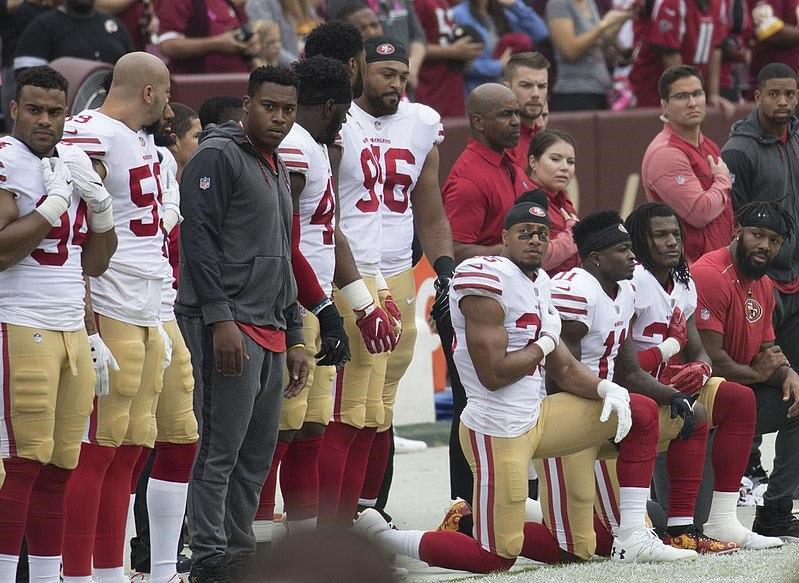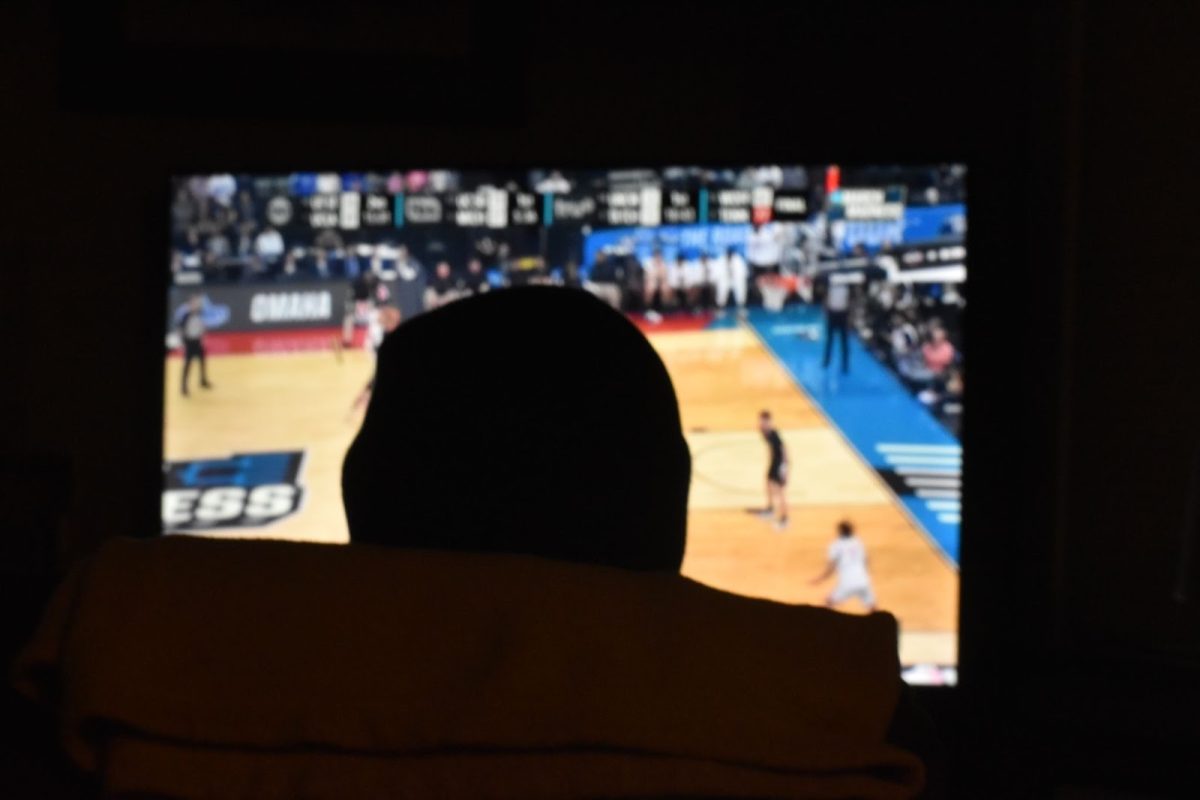
From Irish athlete Peter O’Connor standing up against British attempts to stifle Irish nationalism at the 1906 Olympics, to South African resistance to apartheid, leading to South Africa’s 28 year ban from the Olympic Games, to John Carlos and Tommie Smith’s black power salute as they stood on the Olympic podium in 1968, activism is nothing new to the sports scene. In recent years, media coverage has drawn increasing attention to such protests, highlighting athlete activism and the surrounding widespread discussions. Although this trend has sparked controversy and led many to oppose this intersection between sports and politics, the visibility of advocacy in sports shows the ability of sports to reach a widespread audience and to contribute to national—and sometimes international—political conversation.
Among the current issues brought into the spotlight is police violence in the United States, with members of the National Basketball Association (NBA), Women’s National Basketball Association (WNBA), and the National Football League (NFL) using their platform to protest racial injustice. In 2014, many NBA players, including Kobe Bryant, Derrick Rose, and LeBron James, warmed up in t-shirts with the words “I Can’t Breathe” displayed across the front. The shirts were worn in protest of the deaths of Michael Brown and Eric Garner, two black men who were killed by police; the quote comes from Garner’s last words before he died from lack of oxygen at the hands of a police officer. The WNBA followed this example in 2016 when members of the Minnesota Lynx, the New York Liberty, the Phoenix Mercury, and the Indiana Fever wore shirts supporting the Black Lives Matter movement and protesting the deaths of Philando Castile and Alton Sterling. Former San Francisco 49ers quarterback Colin Kaepernick also joined the protest in 2016 when he took a knee for the national anthem to protest police brutality.
Kaepernick’s decision to take a knee gained prominence in the NFL and throughout the sports scene. According to Lindsay Gibbs, who created a database on ThinkProgress tracking the spread of his movement, over 3,500 people have followed Kaepernick’s lead in protesting the national anthem. This includes many NFL players, such as Michael Bennett and Eric Reid, U.S. Women’s National Soccer Team star Megan Rapinoe, and the Portland Trail Blazers huddling in a circle during the playing of the national anthem.
The influence of Kaepernick’s movement has spread across sports, increasing the exposure of the discussion surrounding police brutality and the promotion of the Black Lives Matter movement. “You definitely can see culture moving in particular ways thanks to activists taking a stand,” explains Jules Boykoff, a professor at Pacific University, former soccer player, and writer of numerous books and essays on athlete activism. The idea of national unity surrounds many American sports leagues and lends itself to creating a platform for athlete performance, and with it, athlete voice. “[Sports are] a really effective platform for reaching people who you might not otherwise be able to speak with about politics,” says Boykoff. Both liberal and conservative Americans follow sports; both liberal and conservative Americans are aware of athlete activism. For example, Ho-Chunk basketball player Bronson Koenig was an outspoken opponent of the Dakota Access Pipeline, leading his fans to consider its impact on Native Americans.
Athlete activism can have enormous amounts of merit, but there are those who argue that sports and politics shouldn’t intersect. Fox News host Laura Ingraham told LeBron James to “shut up and dribble” after he criticized President Donald Trump in a video podcast. This argument against athlete protest and activism fails to acknowledge the ways in which sports promote ideologies, outside of athlete protests for social and political change. “Sports are already immensely political,” explains Boykoff, citing the militia presence at NFL games and the playing of the national anthem before sports games, both of which promote the idea of American national superiority. With the exception of an Olympic victory, the rest of the world does not play their country’s anthem during sporting events, making it a uniquely American experience.
In this sense, athlete activism provides a platform, in an already political atmosphere, to promote causes they believe in. The growth of social media only heightens this, allowing athletes to advocate for a better future.
































